Healthy seeds: Why it’s important to add these gems in your diet
From helping control blood sugar level to lowering blood pressure, seeds and nuts must be a part of a healthy diet. Here we list down some benefits for you. Check them out
Updated: December 2, 2019 10:54 IST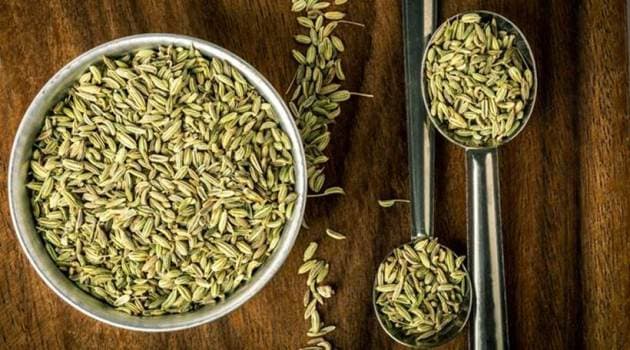 1 / 10
1 / 10The essential oils present in fennel seeds trigger the secretion of digestive juices and enzymes which in turn aids the process of digestion. (Getty/Thinkstock)
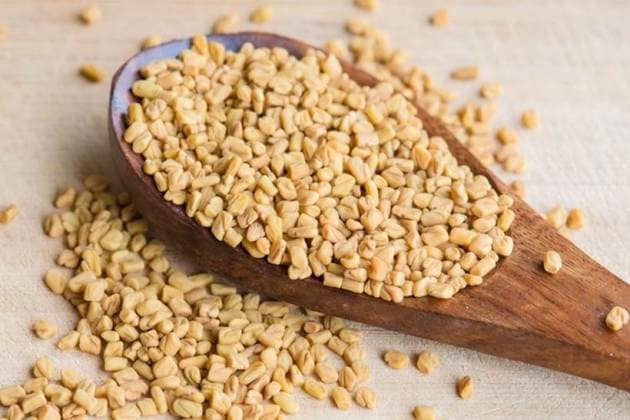 2 / 10
2 / 10A 2015 study published in the International Journal For Vitamin and Nutrition Research, found that a daily dose of 10 grams of fenugreek seeds soaked in hot water may help control type-2 diabetes. It mentioned that ‘methi dana (seeds)’ water has the ability to lower blood sugar in people with diabetes. The seeds are known to contain fibre that can help to slow down digestion, reduce the rate at which your body absorbs sugar, and also increase the amount of insulin that your body releases.
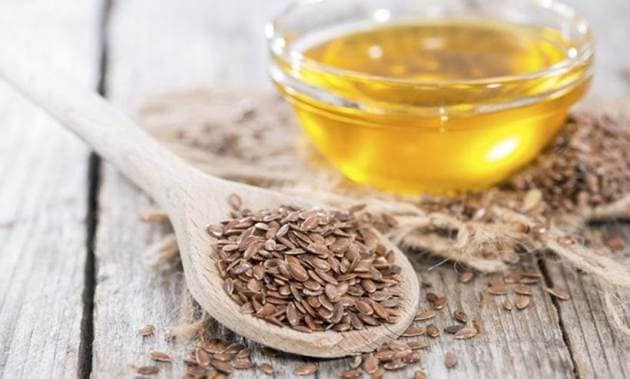 3 / 10
3 / 10Many scientific studies have supported the fact that consumption of flaxseeds regularly can bring a significant improvement in high blood pressure levels. Eating flaxseeds regularly for six months can lower systolic and diastolic blood pressure by 10 mmHg and 7 mmHg, respectively. However, if not chewed properly, they may not be digested and simply get washed out of your body. So it’s a good idea to grind the seeds and add the powder to baked foods, oatmeal, cereals, smoothies or yoghurt. You can even add the powder to the dough for making rotis and pooris.
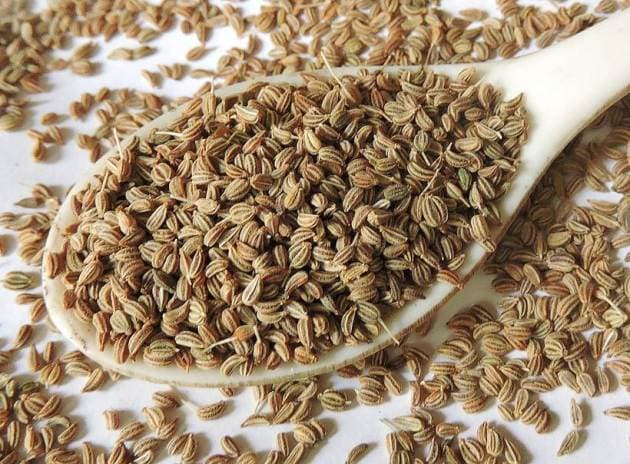 4 / 10
4 / 10Carom seeds, which are known as ajwain in India, help in keeping one's weight under check, which is important if you are diabetic. Half a glass of warm water with carom seeds can help in aiding smooth digestion.
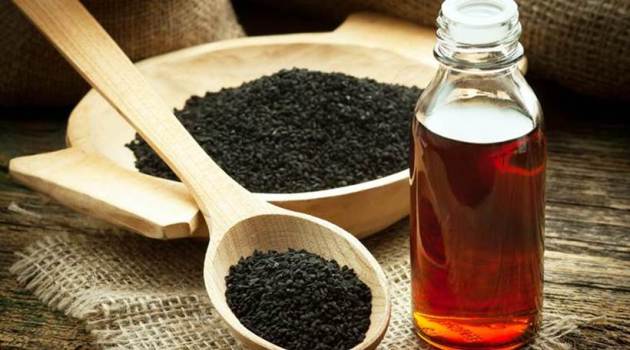 5 / 10
5 / 10Dry roasted kalonji is used for flavouring curries, dal and stir-fried vegetables. Apart from this, it also acts as a key ingredient in kachoris and samosa. The tiny black seeds are loaded with trace elements, vitamins, crystalline nigellone, amino acids, saponin, crude fibre, proteins and fatty acids like linolenic and oleic acids, volatile oils, alkaloids, iron, sodium, potassium and calcium. It keeps your heart healthy, addresses breathing problem, lubricates your joints, and is known to have anti-carcinogenic properties.
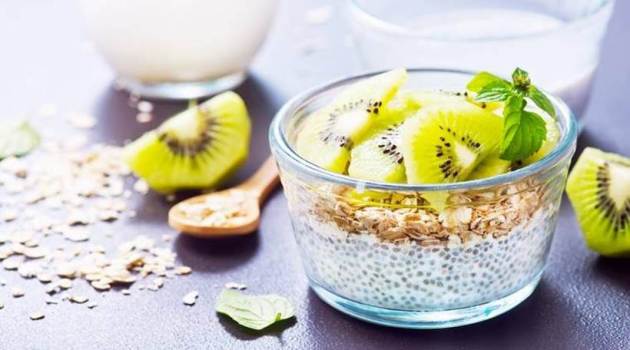 6 / 10
6 / 10Chia seeds are extremely healthy and can be addedto breakfast cereal, pudding, porridge, vegetable and rice dishes or yoghurt.
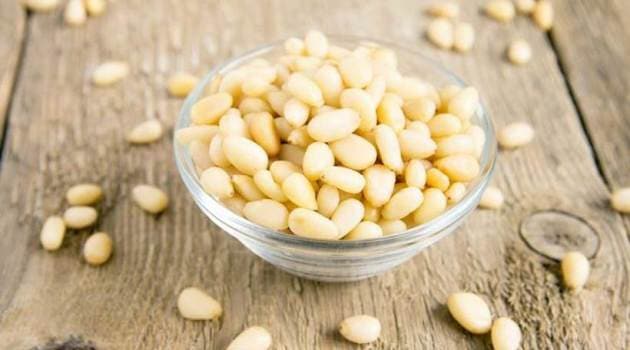 7 / 10
7 / 10Pine nuts contain beta-carotene and antioxidants that help in improving vision. The compound lutein present in it prevents our eyesight from getting damaged with age. Diabetics must include pine nuts in their everyday diet as it helps in controlling high glucose levels and also in the reduction of bad cholesterol. Containing vitamins E, K and magnesium, pine nuts help in lowering blood pressure levels and reduce the risk of heart attack.
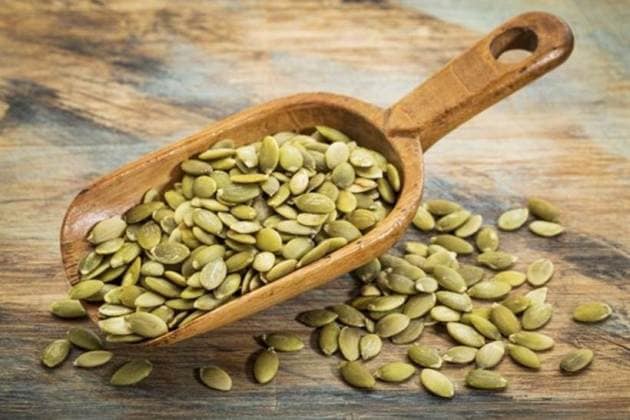 8 / 10
8 / 10Pumpkin seeds have been found to contain properties that have blood glucose-lowering effect. These seeds are rich in dietary fibre too, a factor that is believed to lower the risk of type 2 diabetes.
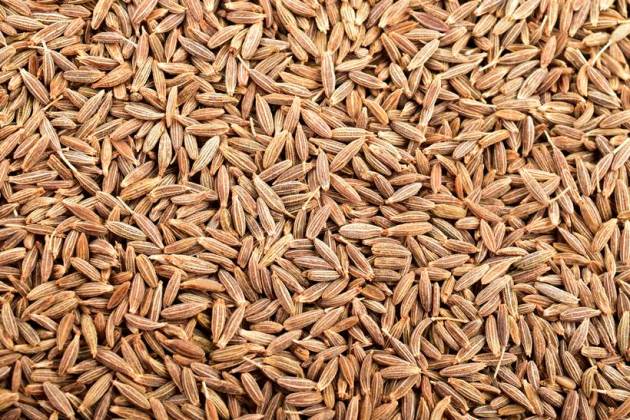 9 / 10
9 / 10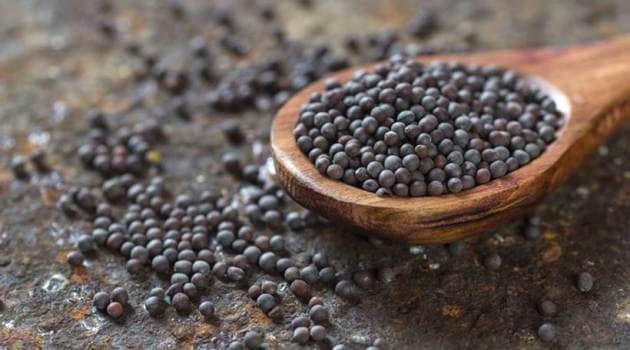 10 / 10
10 / 10The seeds and oil from the black mustard plant are used to make medicine for common cold, painful joints and muscles (rheumatism), and even arthritis. It is also to relieve water retention (edema) by increasing urine production, and increasing appetite.











